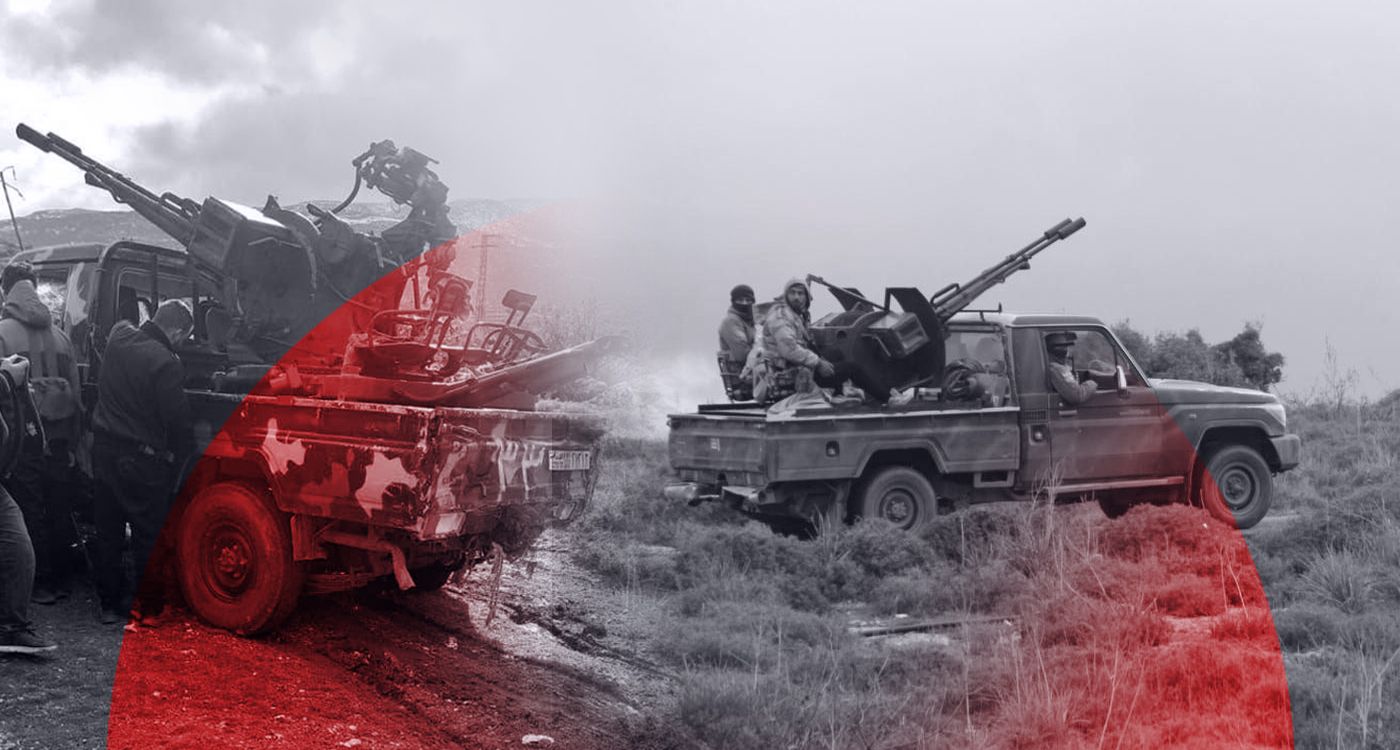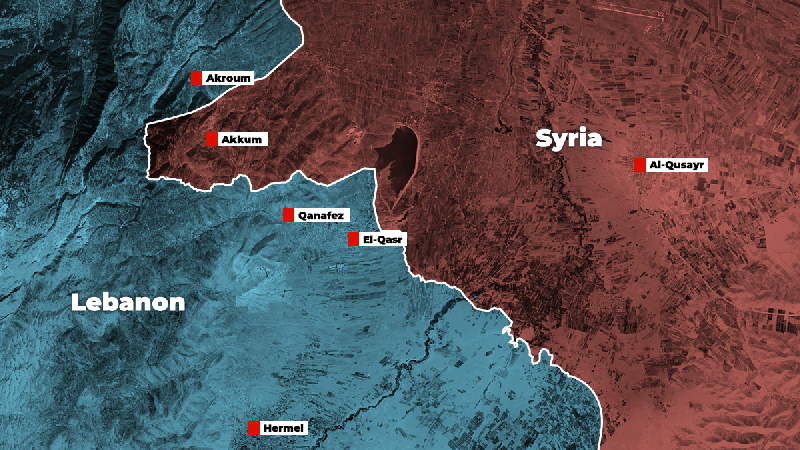
Since the fall of Bashar al-Assad’s regime in December 2024, the Syrian-Lebanese border—particularly the region east of Lebanon—has become a flashpoint for violent clashes between Hay’at Tahrir al-Sham (HTS) forces, Syria’s new rulers, and Lebanese tribes. While these tensions are not new, they mark a turning point in a region already destabilized by decades of conflict.
The latest escalation began on February 6, when HTS armed units seized control of Hawik, a village with Lebanese inhabitants on the Syrian side of the border. This move triggered fierce clashes with Lebanese tribes in the area, particularly the Zeaiter and Jaafar clans.
What are the deeper causes of this conflict, and what is at stake for the region?
A Contentious Border Demarcation
The fall of Assad's regime has brought new challenges to border regions, especially with the rise of Ahmad al-Sharaa to power in Syria. HTS is now working to expand its influence and control over critical smuggling routes, particularly those used for trafficking Captagon, a drug widely produced and circulated in the region.
For years, Lebanese tribes controlled these routes with the tacit approval of the ousted Syrian president. However, as HTS’s power continues to grow, it is increasingly seen as a direct threat—not only to the autonomy and economic activities of these tribes but also to their deeply rooted familial ties with those living on the other side of the border.
"While recent events in Syria have triggered the current conflict, the tensions at the border go back to the era of Greater Lebanon, before the country’s independence in 1943," explains retired General Khalil Helou. In an interview with This is Beirut, the military expert highlights that "the official demarcation of the borders, which began with the 1923 Paulet-Newcombe Agreement, only addressed the southern part of Lebanon. In the north and east, particularly in areas like Wadi Khaled and Shebaa, no definitive borders were ever drawn."
In villages stretching from al-Qusayr to Jabal Akkoum in Syria, Lebanese residents—many of whom have lived there for decades—have maintained strong ties with those across the border, particularly in towns like al-Qasr, Qanafez, Akroum, and the surrounding areas.

Before HTS took power, these residents freely crossed the border and maintained economic, social, and even familial relationships with their Syrian neighbors. "Today, these connections are disrupted by the growing influence of the Syrian group, which is seeking to impose its sovereignty in the region, making the outcome of the conflict all the more uncertain," says Helou.
Hezbollah’s Role and the Lebanese Army’s Response
Although Hezbollah is not directly involved in the clashes between Hay’at Tahrir al-Sham and Lebanese tribes, its influence on the situation remains significant. The Iranian-backed militia, which has been a key supporter of the Assad regime, could view HTS’s growing power as a potential threat to its own cross-border activities. "However, it appears Hezbollah currently lacks both the capacity and the inclination to intervene directly in this specific area," adds Helou.
In contrast, the Lebanese Army has played a crucial role in securing the border and managing the ongoing confrontations. While maintaining its neutrality in any direct conflict with Syria, the army has served as a mediator between the warring parties. Lebanese President Joseph Aoun has also reached out to his Syrian counterpart, Ahmad al-Sharaa, to coordinate efforts in managing the border tensions, with both leaders agreeing to take responsibility for their respective territories along the frontier.
The Need for Political Solutions
The situation along the Lebanese-Syrian border poses significant strategic and geopolitical challenges, highlighting the pressing need for a lasting political solution. The issue of border demarcation with Syria, which has been studied in the past—particularly during Michel Sleiman’s presidency—remains unresolved.
"The proposed solutions include updating the document championed by Sleiman, but this approach must also consider, beyond geographic factors, the social and human realities," says General Helou. He stresses that "resolving this issue should involve a political dialogue between Lebanon, Syria, the United Nations, and the Arab League." He further warns that "resolving these problems solely through military means or border closures is likely to escalate the situation." The pressing question is: what approach will the new government take to tackle this critical issue?




Comments